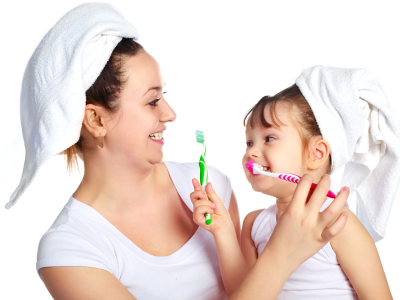 |
|
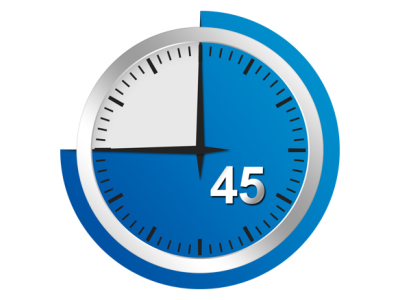 |
| Brush your teeth in the morning and before you go to bed. Brush after every meal if possible, but don’t overdo it. |
|
Wait at least 45 minutes before brushing your teeth after drinking soda, wine, or acidic juices such as orange juice. Sodas and juices leave residual acids on the teeth, and brushing can actually damage the enamel. |
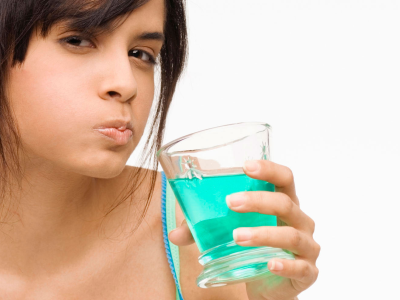 |
|
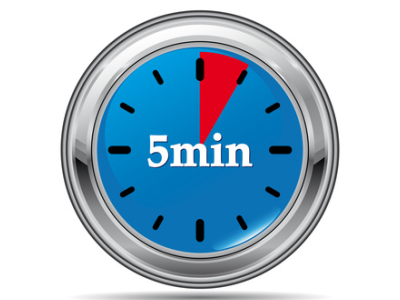 |
| If you can’t brush after a meal, at least swish water in your mouth to loosen food particles. |
|
Brush for at least three to five minutes. |
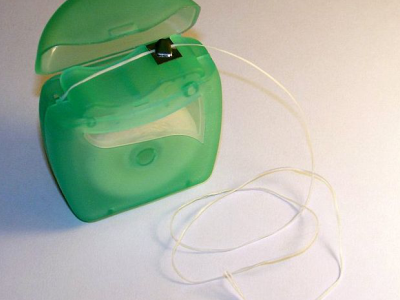 |
|
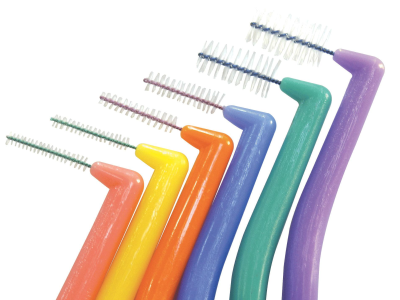 |
| Use dental floss. Flossing your teeth is just as important as brushing, as it removes built up plaque, bacteria and food particles that get trapped between the teeth and which soft floppy toothbrush bristles can’t reach even when used with up/down natural motion. You should always floss before brushing your teeth so that any food or bacteria that comes loose during flossing doesn’t remain in your mouth. |
|
Interdental brushes help to prevent gum disease by getting rid of pieces of food and plaque from between your teeth. |
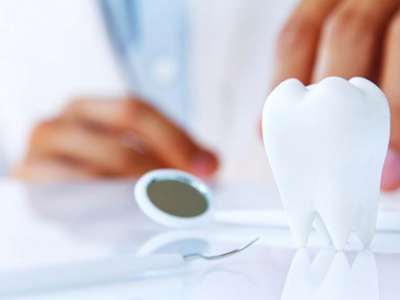 |
|
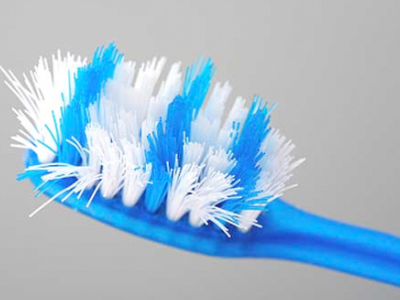 |
| If your gums bleed easily, that’s a sign you might have inflamed (swollen) gums (gingivitis). See your dentist. Gingivitis is a serious cause not only of tooth loss, and bad breath, but of infection of the heart valves. Don’t stop brushing if your gums bleed, but do switch to a softer toothbrush. |
|
Try not to use a harsh toothbrush or brush too roughly, as this can harm your gums. Replace your Tooth brush every 3 Months. |
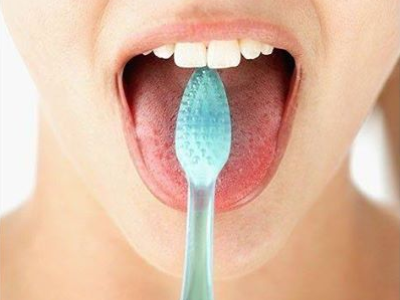 |
|
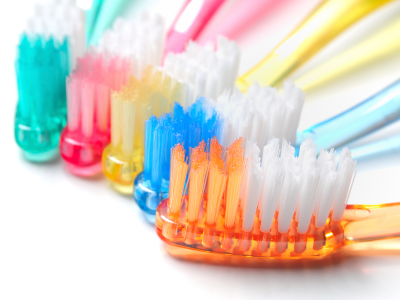 |
| Brush your tongue and the roof of your mouth for better breath. |
|
Use a brush with short bristles. Small up and down movements are impossible in most mouths unless a brush is used with short, therefore accurate, bristles which allow the plaque to be disrupted. Long soft bristles require longer movements which are impossible in the restricted space of the mouth and force movement to be a lateral sideways movement which is not only ineffective, but also destructive. |
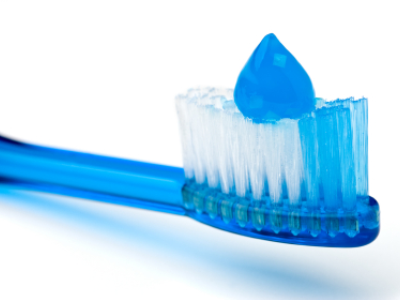 |
|
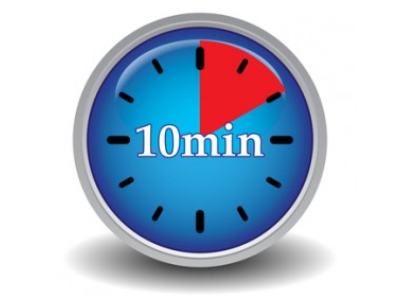 |
| Don’t try to put a really big amount of toothpaste on the brush. You only need a pea-sized amount. |
|
Wait 10 minutes before brushing after eating a meal. |
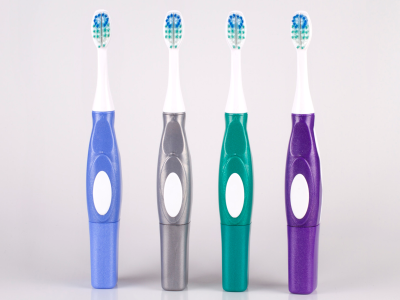 |
|
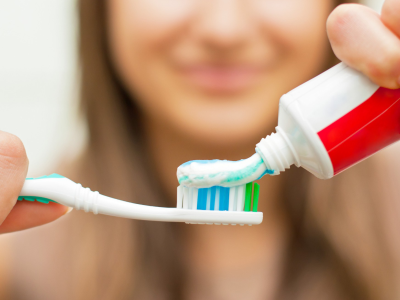 |
| Electric toothbrushes are better because you don’t have to “rub” your teeth — but in general, good brushing habits are much more important than whether or not you use an electric brush. |
|
Remember to brush your teeth before breakfast and before bed. |
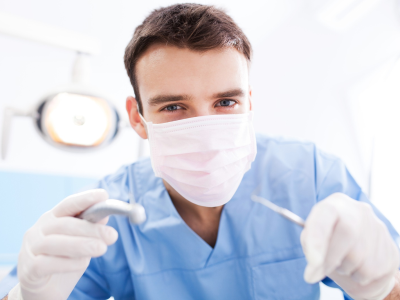 |
|
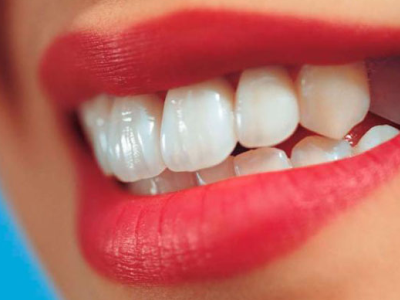 |
| Visit a dentist at least every six months for an exam, x-rays, and a cleaning. |
|
Brush your teeth at least two times a day. If you want to have really clean teeth you may brush after every meal or snack. |
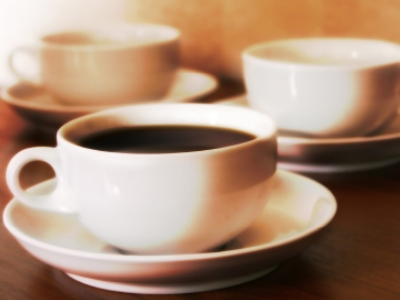 |
|
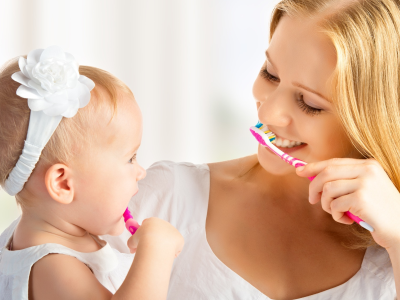 |
| Try to rinse your teeth after drinking coffee, red wine, or dark teas. Over time, all these beverages can stain teeth permanently. |
|
Brush gently and not too harsh because that can cause bleeding teeth. |